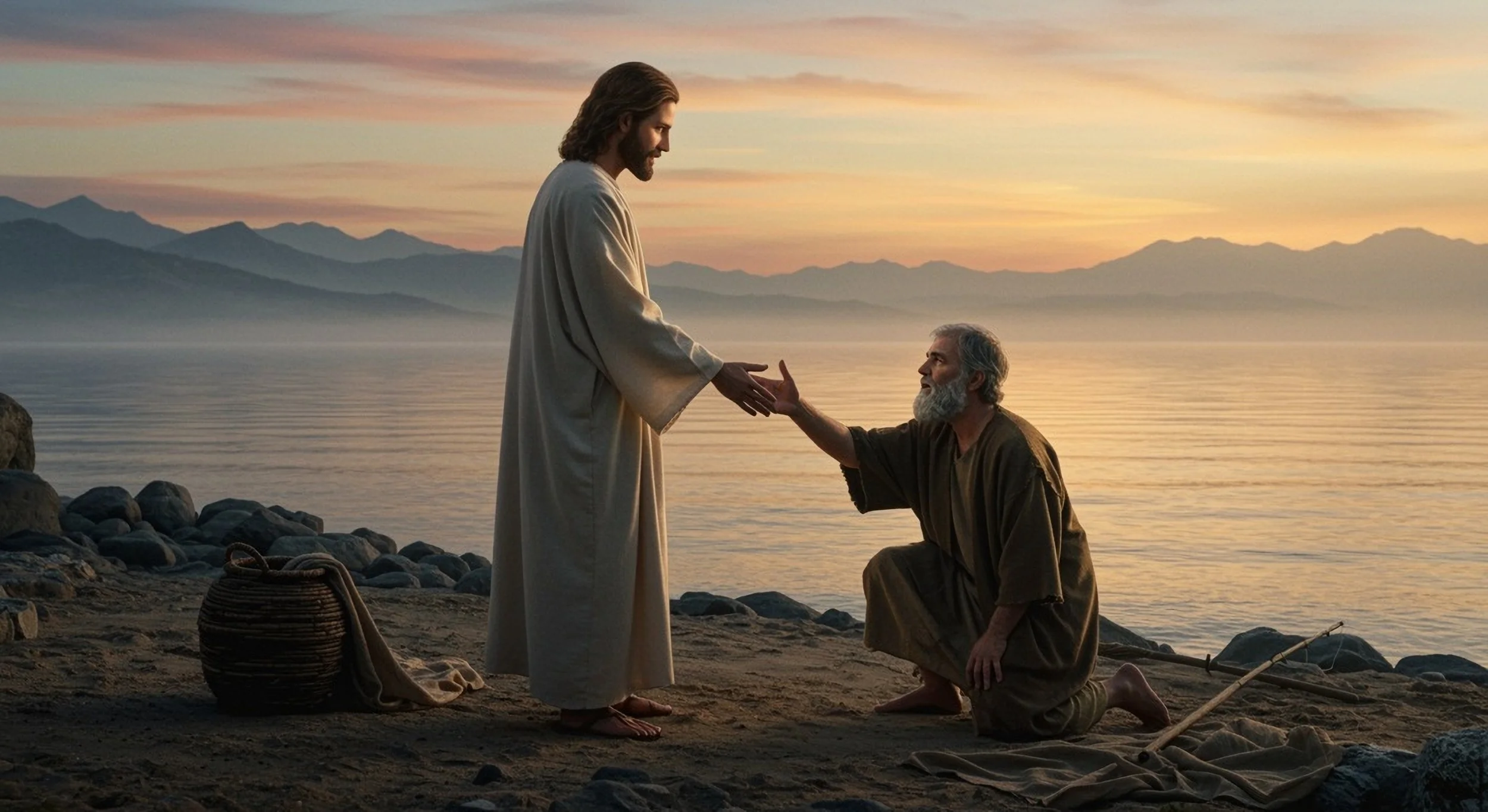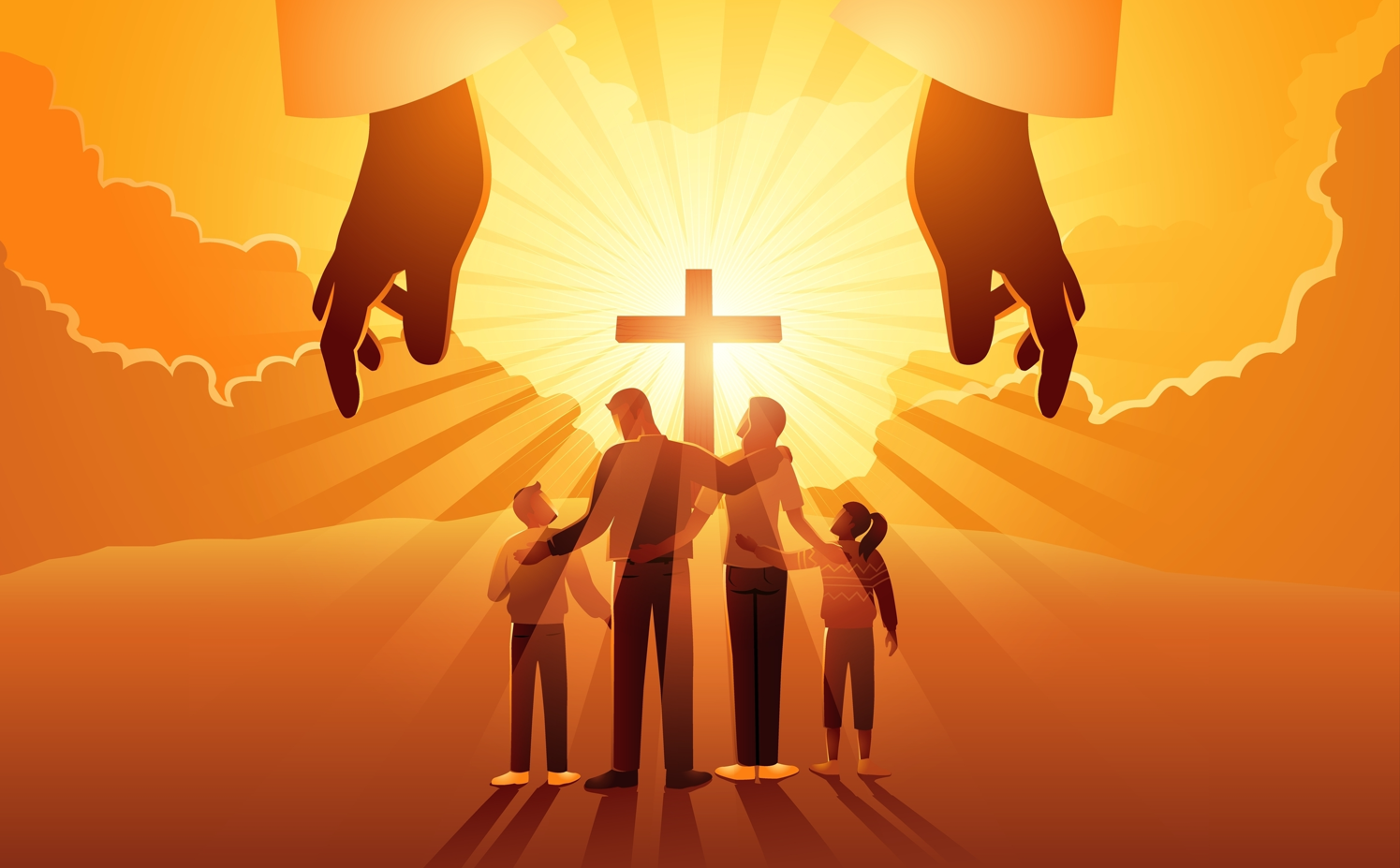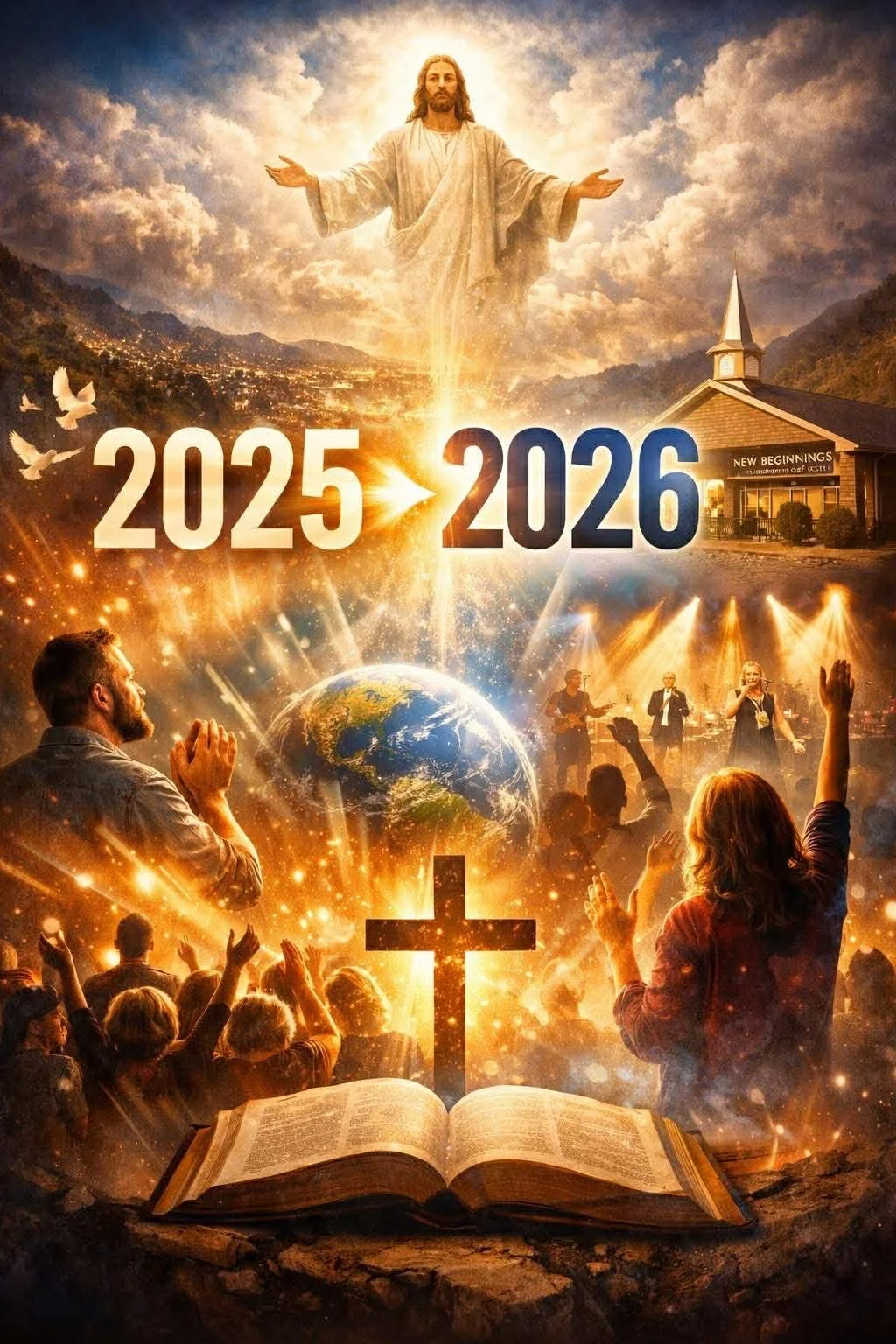Four fathers: luther on the fourth commandment

A Twitter user asked The Lutheran Witness: Why does Luther define the categories of fatherhood in the Large Catechism (4th Commandment):
by blood
of a household
of a nation?
This Tweet got me thinking about the ways that Luther speaks of fatherhood. Luther, in fact, discusses four kinds of “fathers” in the Large Catechism, in his explanation of the Fourth Commandment:
So we have introduced three kinds of fathers in this commandment: fathers by blood, fathers of a household, and fathers of the nation. In addition, there are also spiritual fathers — not like those in the papacy who have had themselves called “father” but have not performed a fatherly function. For the name of spiritual father belongs only to those who govern and guide us by the Word of God. (LC I 158, KW)
Luther’s language
By “father by blood” Luther speaks of a parent, the natural father, dad.
To understand “father of a household” we remember that until very recently the “home” included a number of workers. Many families and individuals would work together in a household: working in the fields, in the kitchen, helping with the children’s education, accounting, cleaning and so forth. Imagine a farm where the home is also the business. In this arrangement, the patriarch is the “father” of more than his own children; he also has responsibility for all those who work in the homestead.
Luther extends this office and responsibility also to the nation. Brilliantly, Luther understands all authority to extend from the office of parent. “Furthermore, in connection with this commandment, we must mention the sort of obedience due to superiors, persons whose duty it is to command and to govern. For all other authority is derived and developed out of the authority of parents” (LC I 141, KW). Rulers, then, are “fathers of the nation.”
They are all called fathers in the Scriptures because in their sphere of authority they have been commissioned as fathers and ought to have fatherly hearts toward their people. Thus from ancient times the Romans and peoples speaking other languages called the masters and mistresses of the household patres et matres familias, that is, housefathers and housemothers. (LC I 142, KW)
Luther also recognizes pastors as “spiritual fathers,” those who govern and guide the Lord’s church with the Word of God.
In short, Luther understands any authority or “headship” to be connected with fatherhood.
And other authorities
Beyond this, the Twitter user asked, “Why?” I think this question could be taken in two different ways: “Why does Luther extend the Fourth Commandment beyond the natural family into human government?” or “Why does Luther see fatherhood in these different ways?” Both are good questions to consider.
First, many people are surprised by the “and other authorities” in Luther’s explanation of the Fourth Commandment.
Honor your father and your mother. What does this mean? We should fear and love God so that we do not despise or anger our parents and other authorities, but honor them, serve and obey them, love and cherish them. (SC I, The Fourth Commandment, emphasis added)
Isn’t God just telling us how to treat mom and dad? How did my teacher and the police officer get into the commandment? Luther explains in the Large Catechism that the teacher and the policeman, the judge and the governor, are all there to help and serve mom and dad in raising the children. “Where a father is unable by himself to bring up his child, he calls upon a schoolmaster to teach him; if he is too weak, he seeks the help of his friends and neighbors; if he dies, he confers and delegates his responsibility and authority to others appointed for the purpose” (LC I 141). All temporal authority, as Luther understands it, is to protect, bless and serve the children. The children live under this authority.
Luther’s division of fatherhood into blood, household, nation and church echo his understanding of the “three estates”: the family, the church and the state. These three estates shape the way Luther sees and understands the world.
In 1528 Luther wrote, “But the holy orders and true religious institutions established by God are these three: the office of priest, the estate of marriage, the civil government” (LW 37:364). These same categories are recorded in Luther’s Table Talks: “The Bible speaks and teaches about the works of God. About this there is no doubt. These works are divided in three hierarchies: the household, the government, the church” (LW 54:446). Throughout his writings, Luther continued to teach about these three estates.
The three estates form a framework for Luther’s thinking, and when applied to fatherhood in the explanation of the Fourth Commandment, the father of the house, the nation and the church are all expounded.
The Rev. Bryan Wolfmueller serves St. Paul Lutheran Church and Jesus Lutheran Church of the Deaf in Austin, Texas. He is cohost of “Table Talk Radio” and the author of several books including And Take They Our Life. This article was originally posted by and is reprinted here with permission of The Lutheran Witness.
Be Informed
The Lutheran Church—Missouri Synod joined in — but did not blend in with — the March for Life on Jan. 27. Lime-green hats marked the Lutherans as a cohesive group. But more than the hats, it was the eyes that attracted the attention of marchers and TV cameras. Read on!
Be Equipped
Life matters even in death. Pastor Caleb Weight talks about the value of life and brings comfort, hope, and honesty to the conversation of miscarriage and mourning from a father’s perspective.
Be Encouraged
“What does peace look like? It looks like the crucified body of Jesus, the price for peace; it looks like the blood, there shed that you may be washed clean, forgiven, made new in him.”
Social media today functions much like the volatile crowds Gustave Le Bon described over a century ago when he observed, “Crowds are only capable of thinking in images, and are only to be impressed by images. It is by images alone that great leaders can be followed.” In the digital world, people aren’t working through truth with patience and reason; they’re reacting to symbols, slogans, memes, and bite-sized videos that bypass the mind and stir the gut and emotions.
Today’s verses are Deuteronomy 30:15-18a, where Moses says,
See, I have set before you today life and good, death and evil. If you obey the commandments of the Lord your God that I command you today, by loving the Lord your God, by walking in his ways, and by keeping his commandments and his statutes and his rules, then you shall live and multiply, and the Lord your God will bless you in the land that you are entering to take possession of it. But if your heart turns away, and you will not hear, but are drawn away to worship other gods and serve them, I declare to you today, that you shall surely perish.
"We will replace the frigidity of rugged individualism with the warmth of collectivism." Thus far Mamdani, whose words are chilling to the bone. Now we might counter that rugged individualism is a whole lot better than collectivism, and we'd be right. Collectivism means you lose your identity, you become a number, a statistic, a victim, and a ward of the state that cares not a whit about you.
Collectivism has the warmth of a Siberian gulag, a dark North Korean night. The fact that Mamdani can get away with such rhetoric, even after Communism has taken the lives of tens of millions of people, is frustrating.
Prayer Partner Thursday provides a month-long prayer emphasis in one of the four Lutheran Center for Religious Liberty areas of emphasis: Religious Liberty, Sanctity of Life, Educational Freedom, and Marriage as an Institution (family).
Today’s passage is from 1 Corinthians 1:26-31, where the Bible says….
But God chose the foolish things of the world to shame the wise; God chose the weak things of the world to shame the strong; God chose the lowly things of this world and the despised things of the world to nullify the things that are, so that no one can boast before him. It is because of him that you are in Jesus Christ, who has become for us wisdom from God that is our righteousness, holiness, and redemption, therefore as it is written; "let him who boasts, boast in the Lord!"
We live in an age obsessed with image management. Entire industries exist to shape perception—public relations firms, branding consultants, and social media strategists whose job is to make people appear impressive.
What's a blessing, and what's a curse? When it comes to earthly matters, it's often not clear. Success can be a killer, especially when it comes with fame. Michael Jackson and Whitney Houston, Elvis Presley, for sure, and a whole host of late 60s heroes who died at the age of 27. The Beatles benefited from being four, so were less susceptible to lackeys.
Today’s verse is Matthew 4:17, where the Bible says,
From that time on Jesus began to preach, “Repent, for the kingdom of heaven has come near.”
There is no trouble too large for the government to solve, no concern too small for it to care about. Such words might be spoken of God, for whom nothing is impossible. Have you trials and temptations? Is there trouble anywhere? We should never be discouraged. What a friend we have in Mamdani?
The Bulletin Insert is designed to be printed and cut in half to fit conveniently inside a Sunday worship bulletin. Each month an insert will offer insight, encouragement, and information from the LCRL on the topics of Religious Liberty, Life, Marriage, or Education.
The dates identifying the LCRL bulletin blurbs are only suggestions. Please feel free to use any and all of the bulletin blurbs as your ministry needs allow.
Today’s verse is John 1:29 which tells us of this encounter between John the Baptist and Jesus:
“The next day John saw Jesus coming toward him and said, ‘Look, the Lamb of God, who takes away the sin of the world!’”
We are hearing more and more that famous quotation from Martin Luther: “I’d rather be ruled by a wise Turk than by a foolish Christian.” The problem is, no one has been able to find that famous quotation in any of the voluminous works of Luther. It appears that the quotation is apocryphal. I suspect it may have originated as an attempt to explain the implications of Luther’s doctrine of the Two Kingdoms, as in, “Luther would have rather been ruled by a wise Turk. . .” which then was recalled as “Luther said he would rather have been. . . .” Read more from Dr. Gene Edward Veith here.
Today’s passage is Matthew 3:13-17, where the Bible says,
Then Jesus came from Galilee to the Jordan to be baptized by John. 14 But John tried to deter him, saying, “I need to be baptized by you, and do you come to me?” 15 Jesus replied, “Let it be so now; it is proper for us to do this to fulfill all righteousness.” Then John consented. 16 As soon as Jesus was baptized, he went up out of the water. At that moment heaven was opened, and he saw the Spirit of God descending like a dove and alighting on him. 17 And a voice from heaven said, “This is my Son, whom I love; with him I am well pleased.”
As 2025 ends, as faithful Lutherans, there is much to be thankful for as we have seen many positive developments for faith and freedom.
Pregnancy resource centers are booming while Planned Parenthood clinics are closing their doors. It looks like we are beginning to see a spiritual revival among young adults as they reject the emptiness of the culture they see around them. And several states have passed common-sense age verification laws, upheld by the U.S. Supreme Court, to protect innocent children from accessing graphic pornography online.
So, what is ahead for 2026? What policy advancements can we make to continue this positive momentum back towards faith and freedom?
Today’s passage is Luke 2:41-50, where the Bible says,
Every year Jesus’ parents went to Jerusalem for the Festival of the Passover. 42 When he was twelve years old, they went up to the festival, according to the custom. 43 After the festival was over, while his parents were returning home, the boy Jesus stayed behind in Jerusalem, but they were unaware of it. 44 Thinking he was in their company, they traveled on for a day. Then they began looking for him among their relatives and friends. 45 When they did not find him, they went back to Jerusalem to look for him. 46 After three days they found him in the temple courts, sitting among the teachers, listening to them and asking them questions…. 47 Everyone who heard him was amazed at his understanding and his answers. 48 When his parents saw him, they were astonished. His mother said to him, “Son, why have you treated us like this? Your father and I have been anxiously searching for you.” 49 “Why were you searching for me?” he asked. “Didn’t you know I had to be in my Father’s house?” 50 But they did not understand what he was saying to them.
Today is a dark day in the history of Illinois. Governor Pritzker—of whom every LCMS pastor in Illinois prays for each week and will continue to do so—signed into law . . . the “End-of-Life Options for Terminally Ill Patients Act,” granting terminally ill patients who have received a prognosis of six-months to live or less the ability to receive a pill in order to end their own lives.
Prayer Partner Thursday provides a month-long prayer emphasis in one of the four Lutheran Center for Religious Liberty areas of emphasis: Religious Liberty, Sanctity of Life, Educational Freedom, and Marriage as an Institution (family).
Today’s verses are Galatians 4:4-7, where the Bible says,
4 But when the fullness of the time came, God sent His Son, born of a woman, born under the Law, 5 so that He might redeem those who were under the Law, that we might receive the adoption as sons and daughters. 6 Because you are sons, God has sent the Spirit of His Son into our hearts, crying out, “Abba! Father!” 7 Therefore you are no longer a slave, but a son; and if a son, then an heir through God.
A blessed Christmas to all of you “for today (many years ago) in the town of David a Savior has been born to you; he is Christ, the Lord. This will be a sign to you: You will find a baby wrapped in cloths and lying in a manger” (Luke 2:11-12). The life, death and resurrection of Jesus came as a blessing to the world even though the world didn’t deserve it and, even worse, was unreceptive to receiving Him as the gift that He was for them (see John 1:10-13).
Today’s verses are Isaiah 35:3-4, where the Bible declares:
Strengthen the weak hands, and make firm the feeble knees. 4 Say to those who have an anxious heart, “Be strong; fear not! Behold, your God will come with vengeance, with the recompense of God. He will come and save you.”
We are slaves of Christ, but earthly slavery is not a good thing. Slavery is an institution of the fallen world. I am led to understand that even today there are fifty million people living as the property of others. I'm not sure what would happen if we added to that number those enslaved in various systems like North Korea. But bonds and fetters are not to be celebrated or commended, and if someone might say that it is a good thing, I have never seen anyone volunteer to be on slavery's receiving end. This is not to be a Pollyanna or to hide our heads in the sand. Throughout history, when one nation has conquered another, slavery has resulted. There will always be wars and rumors of wars, and life is messy. And yet slavery is not a good thing. And we can say so without losing sight of the fact that we as Christians are slaves of God, even as we are His children.
The dates identifying the LCRL bulletin blurbs are only suggestions. Please feel free to use any and all of the bulletin blurbs as your ministry needs allow.
The Bulletin Insert is designed to be printed and cut in half to fit conveniently inside a Sunday worship bulletin. Each month an insert will offer insight, encouragement, and information from the LCRL on the topics of Religious Liberty, Life, Marriage, or Education.
Today’s verses are Isaiah 35:3-4, where the Bible declares:
Strengthen the weak hands, and make firm the feeble knees. 4 Say to those who have an anxious heart, “Be strong; fear not! Behold, your God will come with vengeance, with the recompense of God. He will come and save you.”
[Weeks ago], a group from Concordia Theological Seminary, Fort Wayne, gathered on the sidewalk that runs by the local Planned Parenthood. There were perhaps 15 of us in all, but what a mighty and faith-filled people. A young couple, a father with three or four little ones in tow, a student from Germany, another from Australia.
What of it? Things change, and prayers are answered. Just as few predicted the fall of the Soviet Union and the crumbling of the Berlin Wall, we were supposed to think that Roe v. Wade was set in stone, a law surer than the Ten Commandments. Stare decisis, we heard ad nauseam. But in step six wise and courageous judges, and we got the Dobbs decision. Now, that didn't happen by accident. It was a matter of persistent. Persistent prayer, persistent marching, persistent lobbying and electioneering. Why bother? 60 million little ones who have lost their lives. And still counting.
Today’s passage is Matthew 3:1-2, where the Bible says,
In those days John the Baptist came, preaching in the wilderness of Judea 2 and saying, “Repent, for the kingdom of heaven has come near.”
America has changed dramatically since the 1950s and 1960s. Back then, in the years after World War II, it was a halcyon time for religion in this country. Christianity was assumed in society; it was the default setting. Christians were denominationally focused; fights largely occurred within the faith. Now, the threat comes not only from within but also from without, from secularists and zealots determined to belittle Christianity and, if it were possible, bring about its downfall.
The times we live in call for a different mentality and a different strategy. They call for Christians of all stripes to band together to fight an enemy that seeks to curtail our influence in society and even — it’s hard to avoid this conclusion — completely silence our voice in the civic sphere.
Prayer Partner Thursday provides a month-long prayer emphasis in one of the four Lutheran Center for Religious Liberty areas of emphasis: Religious Liberty, Sanctity of Life, Educational Freedom, and Marriage as an Institution (family).
Today’s Bible reading is Philippians 4:4-6 where the Apostle Paul says,
4 Rejoice in the Lord always. I will say it again: Rejoice! 5 Let your gentleness be evident to all. The Lord is near. 6 Do not be anxious about anything, but in every situation, by prayer and petition, with thanksgiving, present your requests to God.
Thanksgiving takes a lot of flak these days. Christmas haters are called “Scrooges” or “Grinches,” but haters of Thanksgiving are considered socially conscious and realistic. For many Americans, the fourth Thursday in November is an annoying holiday with racist origins — an excuse to force innocent citizens to gorge on poorly prepared, outdated foods while fraternizing with uncongenial relatives. It is, moreover, a day of hypocritical tension between trite demands to “be grateful” versus a Black Friday rush through the mall. Dismissively labeled “T-day” on social media, Thanksgiving is becoming mere no-man’s-land stuck between the two towers of Halloween and Christmas.


























